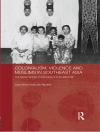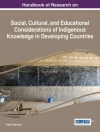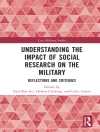The Bible’s opening chapter includes these words: ‘So God created humans in his image, in the image of God he created them; male and female he created them.’ We are created beings, with a unique status in creation. Nothing is more fundamental to Christian faith. Yet biologists present extensive data and provide a picture of how our species came to be, but there is no Creator in the intricate details of the painting they provide. If the scientific evidence for the evolution picture is reasonable–and, in general, it is–and if humans were indeed created from a common ancestor of the great apes, then what can be said about the Artist who Christians believe was at work? Vague answers are not satisfactory anymore–not in this scientific age. Recent mainstream data from paleoanthropology and genetics suggest that the basis of our species’ success was not that they were superior fighters. Rather, the reason our ancestors thrived was likely their ability to function cooperatively in groups–to respect each other and to get along. This reframes the question about the nature of the hovering Spirit’s activity in bringing our species into being. And that is the subject of this book.
เกี่ยวกับผู้แต่ง
Robert W. Wall is the Paul T. Walls Emeritus Professor of Scripture and Wesleyan Studies at Seattle Pacific University. He has authored or edited more than fifteen books and has published many articles for both scholars and clergy. Wall is well-known for his “canonical approach” to interpreting scripture, which places emphasis on the church’s formation of its two-testament Bible and on its final literary form as providing indispensable clues for ordering its ongoing use in worship, instruction, mission, and personal devotions.












